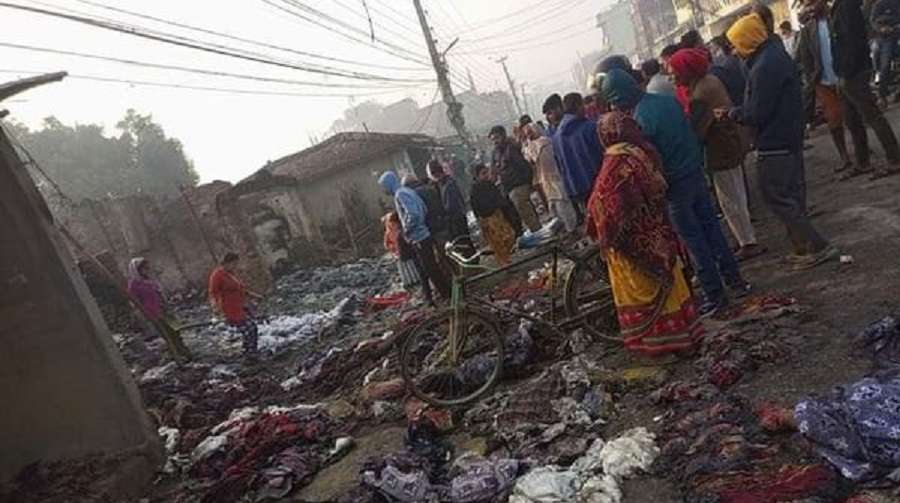
By Our Reporter
The reopening of the Gaur massacre case after 19 years is not only a judicial necessity but also a moral and political obligation. The killings of 27 people on March 21, 2007, cannot be brushed aside considering it as an outcome of political transition. They were the result of an orchestrated power struggle between the then Maoists and the Madhesi Janadhikar Forum (MJF), which turned the town of Gaur into a blood-soaked battlefield. The massacre stands as one of the darkest episodes of Nepal’s fragile peace process, and unless those responsible are held accountable, the state risks sending the message that political violence can be excused in the name of expediency.
The Supreme Court’s mandamus has revived hopes for justice. Previous reports by the National Human Rights Commission and other fact-finding bodies had already identified around 130 individuals responsible, many of them leaders and cadres of the MJF. Yet despite such findings, successive governments turned a blind eye. The very individuals implicated went on to occupy ministerial posts, parliamentary seats, and influential roles in government. This normalizing of impunity eroded public faith in the justice system and rewarded violence with power.
However, a closer look at political alignments over the past decade reveals a deeper irony. Upendra Yadav, who led the MJF at the time and whose cadres were directly accused, repeatedly joined hands with Maoist chief Pushpa Kamal Dahal “Prachanda” whenever it suited their quest for power. Whether in government formation or coalition bargaining, the two leaders found common ground, despite standing on opposite ends during the Gaur incident. Their opportunistic partnership underscored how both prioritized political survival and influence over accountability for past crimes. Such alliances raise uncomfortable questions about the sincerity of Nepal’s political leadership toward justice and reconciliation.
The Gaur case is not about settling old scores. It is about acknowledging that violence cannot be justified as politics. Nepal prosecuted perpetrators of the 2015 Tikapur massacre, proving that accountability is possible. To treat Gaur differently would expose a double standard and weaken the rule of law. Justice for Gaur’s victims would not only restore faith among the families who have waited nearly two decades but also reaffirm that no leader or party stands above the law.
The challenge is clear: political protection networks must not be allowed to derail the investigation. Upholding the Supreme Court’s order will test the state’s commitment to truth and justice. For too long, impunity has shaped Nepal’s political culture. Bringing the culprits of the Gaur massacre to book is essential if the country is to break from its violent past and move toward a credible democratic future.







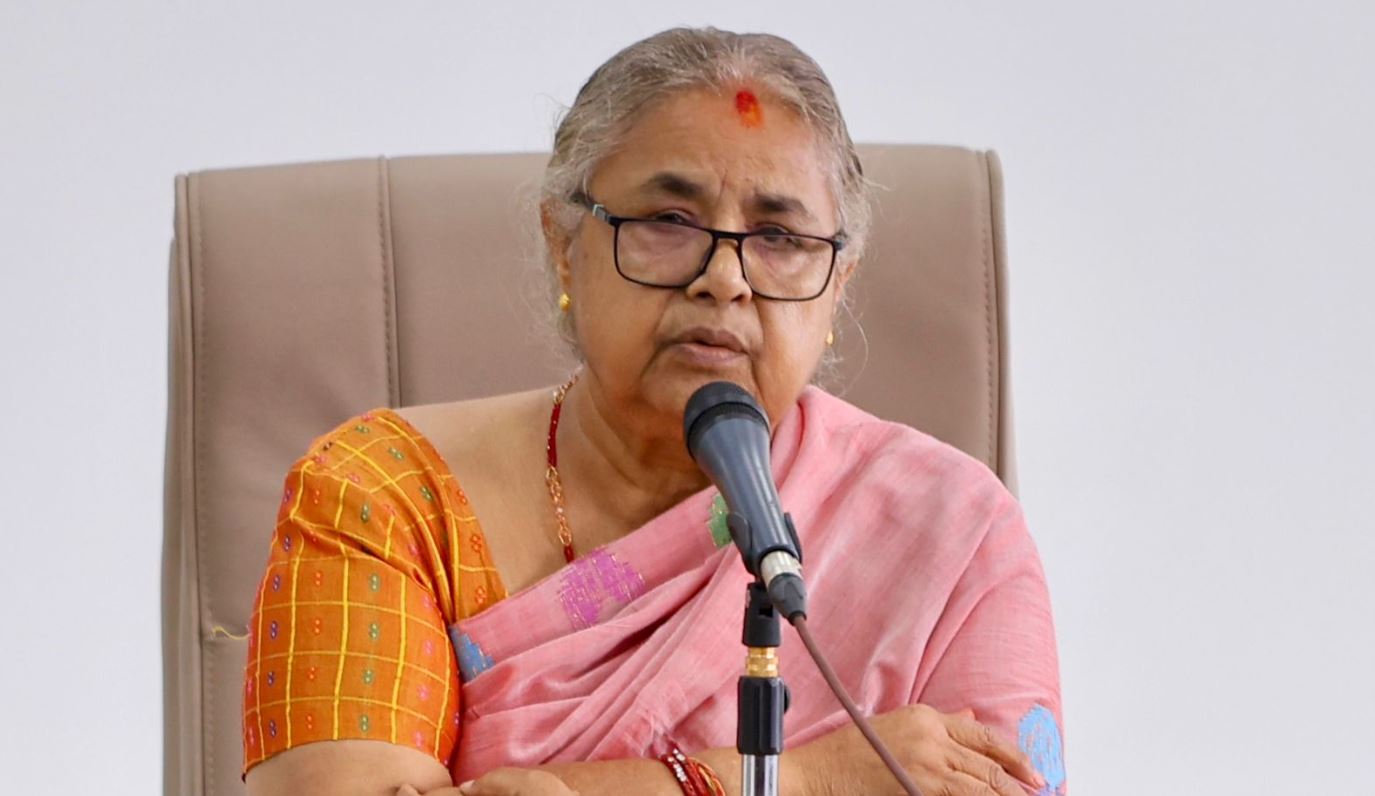
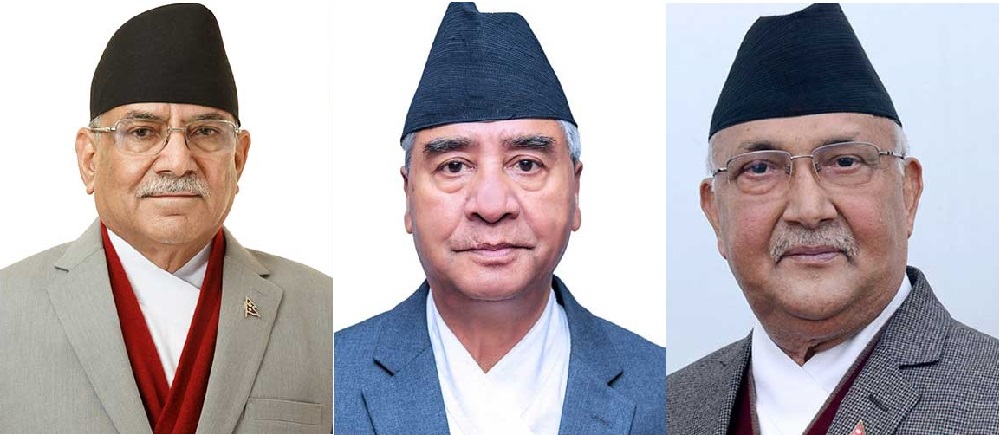
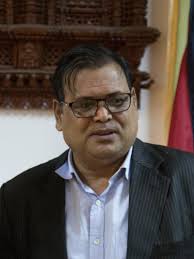

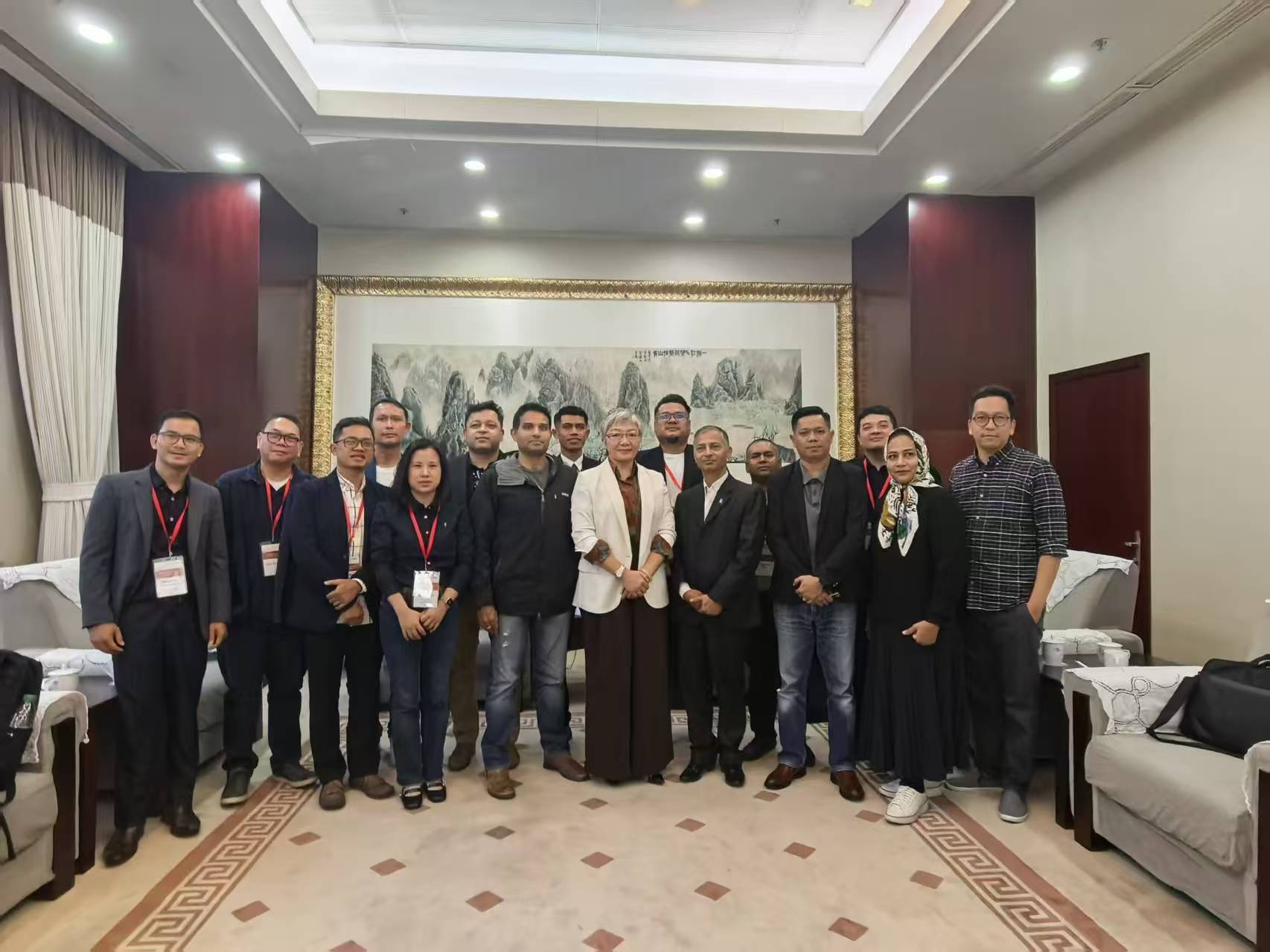



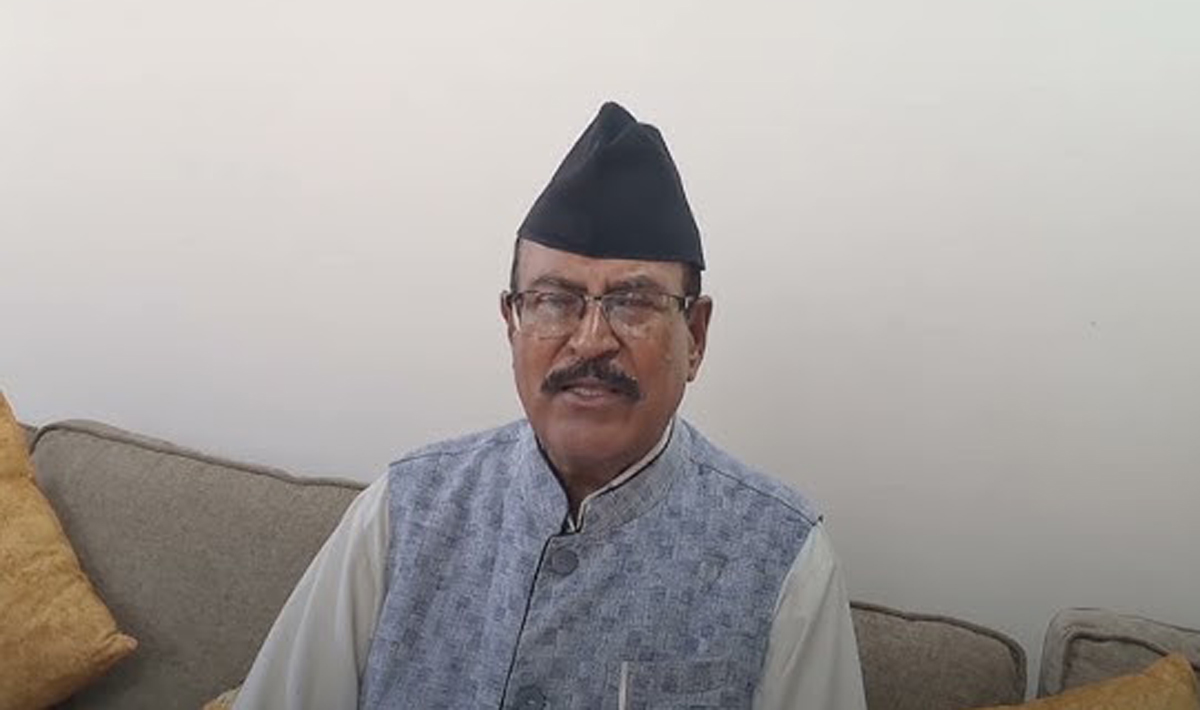
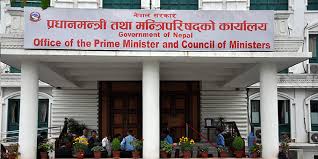
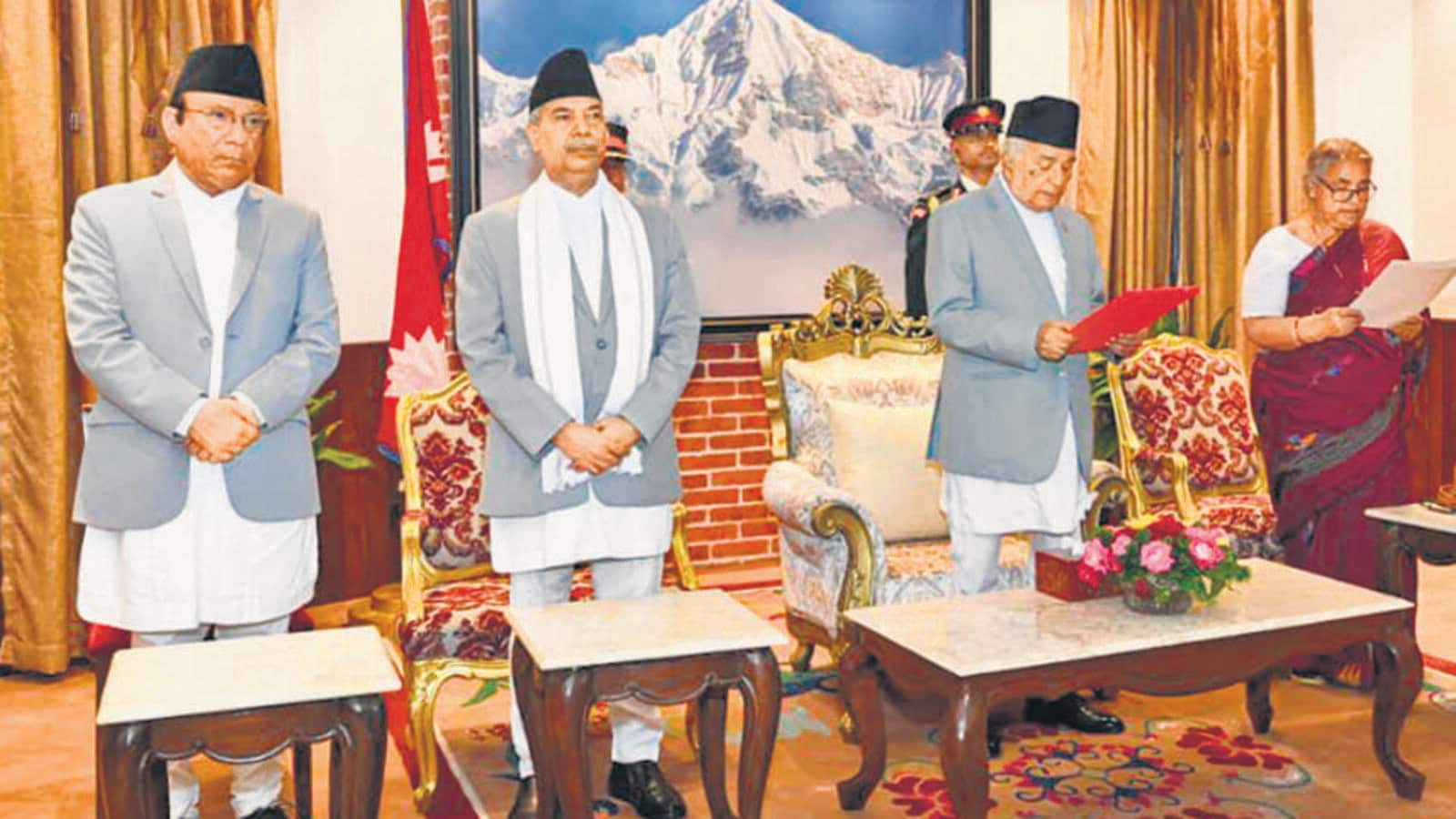
Comments:
Leave a Reply